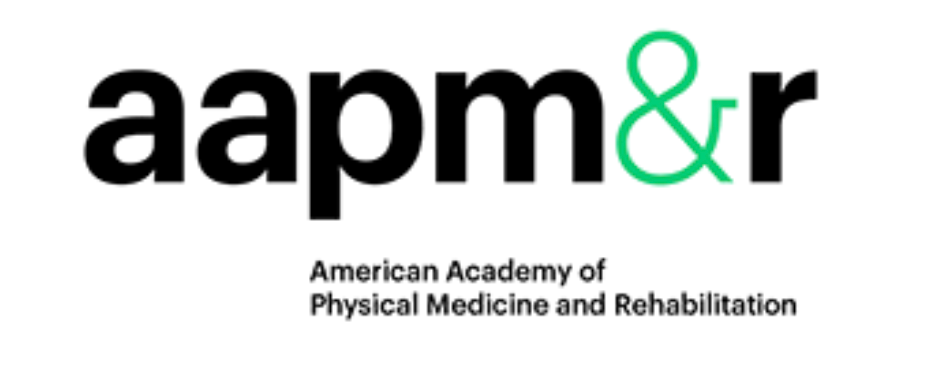Medical Cannabis Use Reduces Opioid Prescriptions in Patients with Chronic Back Pain
- Rothman Opioid Foundation
- Jan 1, 2022
- 2 min read
AUTHORS
Ari Greis, DO
Bryan Renslo, BS
Asif M. Ilyas, MD, MBA
ABSTRACT
Background
Opioids are routinely prescribed for the treatment of chronic pain despite the opioid epidemic. Medical cannabis (MC) has shown efficacy in treating chronic pain, but there is limited evidence to show that MC can affect opioid use. This study investigates whether the use of MC in patients with chronic musculoskeletal noncancer back pain can reduce opioid usage.
Methods
Data regarding filled opioid prescriptions were gathered from a Prescription Drug Monitoring Program (PDMP) system for patients with a diagnosis of chronic musculoskeletal noncancer back pain who were certified for MC access between February 2018 through July 2019. Average morphine milligram equivalents (MME) per day of opioid prescriptions filled within the six months prior to access to MC was compared to that the six months after obtaining access to MC.
Results
There was a significant decrease in overall average MME/day after MC prescription from 15.1 to 11.0 (n=186, p<0.01). The percentage of patients who dropped to 0 MME/day was 38.7%. Sub-analysis of patients who started at less than 15 MME/day and greater than 15 MME/day show significant decreases from 3.5 to 2.1 (n=134, p<0.01) and 44.9 and 33.9 (n=52, p<0.01), respectively. Percentage of patients who dropped to 0 MME/day in those groups were 48.5% and 13.5%, respectively. Patient pain intensity, frequency, and daily function were improved compared to baseline at 3-, 6-, and 9-month time points post MC certification. Patients who used only a single administration route showed an insignificant decreased in MME/day from 20.0 to 15.1 (n=68, p=0.054), while patients who used two or more routes showed a significant decrease from 13.2 to 9.5 (n=76, p<0.01).
Conclusion
Access to MC reduced opioid use for patients with chronic back pain. Patients with lower baseline opioid use have a better chance of stopping opioid use altogether. Pain and daily functional scores improved compared to baseline. The use of multiple routes of administration of MC simultaneously is more strongly associated with reduced opioid utilization.
RESEARCH ABSTRACT PRESENTED at the 2021 ANNUAL MEETING of the:

.png)



Comments